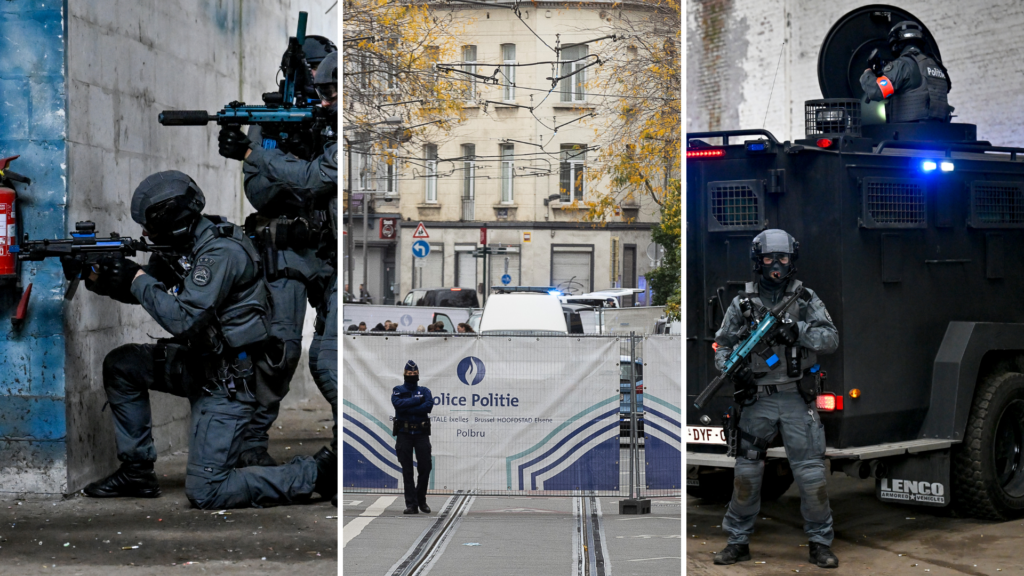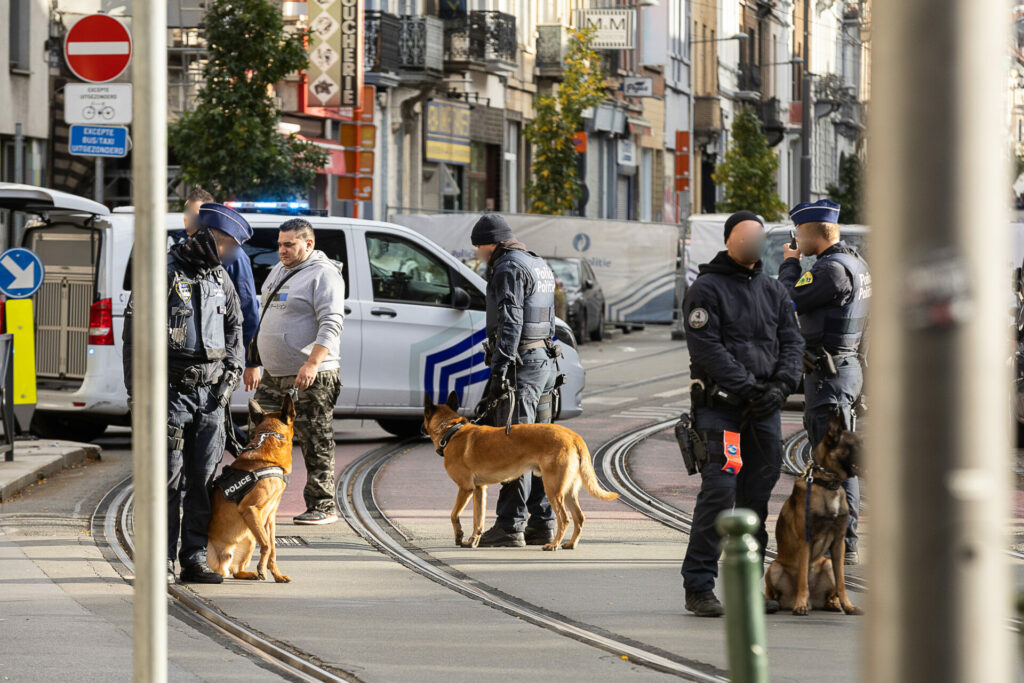With the immediate state of alarm following Monday evening's fatal attack subsiding as the suspect was "neutralized" by police and initial warnings that he might not have acted alone superseded by the "lone wolf" theory, Belgium's ministers have convened to discuss the incident and face scrutiny regarding missed opportunities.
It quickly transpired that the perpetrator, a 45-year-0ld Tunisian national, had sought asylum in Belgium – an application that was rejected but with no follow-up to verify whether he was still in the country. Already pointing to this as a failure on the part of the Foreign Office, further criticism has been directed at national bodies for allegations that the suspect had been ejected from his local mosque for extremism.
MPs from opposition parties decried the systems in place to keep track of terror threats, asserting that "All the signals and alarms were present" but little action was taken. As investigations into the run-up to Monday continue, questions and accusations of failure will grow louder.
More generally, the topic of terror remains at the centre of public attention in various EU countries. France is in a state of high alert after a teacher was killed on Friday by a knife-wielding assailant who claimed to be serving Islamic State. Just four days later, the Palace of Versailles was again closed due to a bomb scare. Today, Ostend airport in Belgium (and numerous airports in France) was evacuated due to bomb threats. Likewise Gent city centre has today also been the target of such threats.
But to what extent can state authorities prevent such attacks? In the aftermath of the 2016 terror attacks in Belgium – the deadliest in the nation's history – analysts drew up a list of recommendations to guard against future incidents. Opposition MPs claim that 30% of these have yet to be implemented.
But others counter that no level of vigilance can guarantee the safety of citizens. Terrorism expert Hans Brun told Swedish news site Expressen that such an attack is not surprising in Brussels, which is home to obvious targets in the EU institutions. Whilst this is not a defence of laxity, it points to relevant questions about the limits of protection and state control.
Belgium in Brief is a free daily roundup of the top stories to get you through your coffee break conversations. To receive it straight to your inbox every day, sign up below:
1. Ostend Airport evacuated after bomb threat
No passengers were present in Ostend, but about 50 airport staff had to leave the building. Security forces are monitoring the situation. Read more.
2. Security failings led to Brussels terror attack, minister claims
Belgium's Home Affairs Committee and its Justice Committee will hold a joint meeting on Wednesday to discuss the attack in Brussels on Monday evening, which claimed the lives of two Swedish nationals. Read more.
3. French language spelling reform urged by linguists
A number of prominent public figures and academics from Belgium, Switzerland, Canada and France, including Nobel Prize winner Annie Ernaux, are calling for a change in French spelling to bring it in line with modern usage, Le Soir reports. Read more.
4. Asylum applications fall in Belgium following ban on reception for single men
The number of asylum applications to Belgium processed by federal authorities fell 11% in September, while in neighbouring countries applications are on the rise, Het Laatste Nieuws reports. Read more.
5. Belgian researchers create cancer treatment with… tobacco
A Belgian biotechnology start-up has pioneered an innovative new treatment for certain types of cancers by using tobacco plants, La Libre Belgique reports. The plants help create antibodies and chemotherapeutic substances. Read more.
6. Nearly one in two new cars now electric in Belgium
Almost one in two new cars registered in Belgium was electric in the first nine months of 2023, according to an analysis published on Tuesday by the Belgian automobile and cycle federation (FEBIAC). Read more.
7. Charleroi’s makeover, from ugly to arty
Once dubbed the ugliest city in the world, Charleroi is now putting itself on the map as a cultural hub. Read more.


